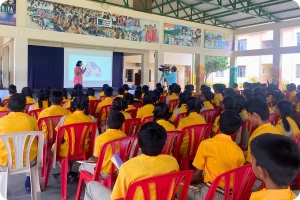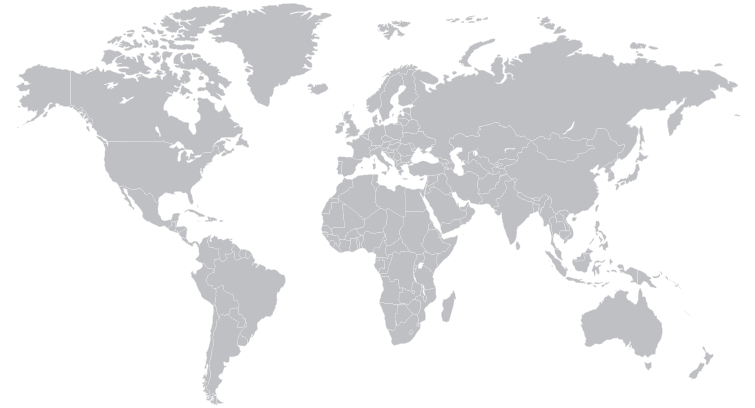Project
K-12 Cyber Hygiene Program
About
Cybil code: G1031
Status: Finished
From: Dec 2024
To: Feb 2025
Implementors
Partners
Region
Countries
Contact
Summary
The Cyberlite Cyber Awareness and Education Program is a regional initiative supported by the U.S. Department of State’s Bureau of East Asia Pacific Affairs (EAP). Designed to enhance cybersecurity awareness and skills among K-12 students in East Asia and the Pacific Islands, the program leverages localized, engaging resources to promote better cyber hygiene and cybersecurity education. This initiative aims to foster a generation of digitally aware and resilient individuals equipped to navigate the evolving cyber landscape.
MARCH 2025 UPDATE: This project was scheduled to continue until December 2027 but was terminated on February 2025 as a result of the new US Administration’s policy.
Details
Aim
The program seeks to increase cybersecurity awareness and digital literacy among young learners by providing educators, families, and students with resources tailored to local contexts. By strengthening cyber hygiene practices and promoting cybersecurity best practices, the initiative contributes to building a safer digital future for the region’s youth.
Context
With rapid digitalization in East Asia and the Pacific Islands, the risks associated with online activities are increasing, particularly for children and young people. This program was developed in response to the growing need for comprehensive cybersecurity education to protect the next generation. It aligns with international efforts to create an open, secure, and resilient cyberspace by targeting the most vulnerable users—young learners—and equipping them with critical knowledge and skills to safely navigate the digital world.
Outcomes
Participants will gain a stronger understanding of cybersecurity principles and practices, empowering them to adopt safer online behaviors. Educators will receive the tools needed to deliver effective cyber hygiene education, while families and communities will benefit from increased awareness of digital risks and protective measures. This program will contribute to a cultural shift towards prioritizing cybersecurity and safe digital practices.
Outputs
The initiative will produce:
- Localized educational resources, including interactive modules and lesson plans, tailored to the needs of students in the region.
- Training programs for educators to enhance their ability to teach cybersecurity concepts effectively.
- Community outreach initiatives to involve families and raise awareness of safe online practices.
- Reports on the impact of the program, highlighting improvements in cyber hygiene and digital literacy among participants.
Activities
The program includes the following key activities:
- Curriculum Development: Creation of engaging, culturally relevant materials to teach cybersecurity concepts and cyber hygiene practices.
- Educator Training: Workshops and webinars to train teachers in delivering cybersecurity education to K-12 students.
- Student Engagement: Interactive sessions, games, and challenges to help students understand and apply cyber safety principles.
- Community Outreach: Awareness campaigns to involve families and foster a broader understanding of the importance of cybersecurity.
- Impact Assessment: Regular evaluations to measure the effectiveness of the program and gather feedback for improvement.
This initiative is part of Cyberlite’s broader mission to promote sustainable and inclusive cyber safety education across the Asia-Pacific region. By equipping young learners with the skills to navigate the digital world safely, the program helps create a safer and more resilient online environment for all.

Source: Cyberlite.org “Training in Bengaluru, India”
The Cybil project repository is being continuously updated, and the information it contains is either publicly available, or consent for publication was given by the owner. Please contact the portal manager with any additional information or corrections. Whilst every reasonable effort is made to keep the content of this inventory accurate and up to date, no warranty or representation of any kind, express or implied, is made in relation to the accuracy, completeness or adequacy of the information contained in these pages.









